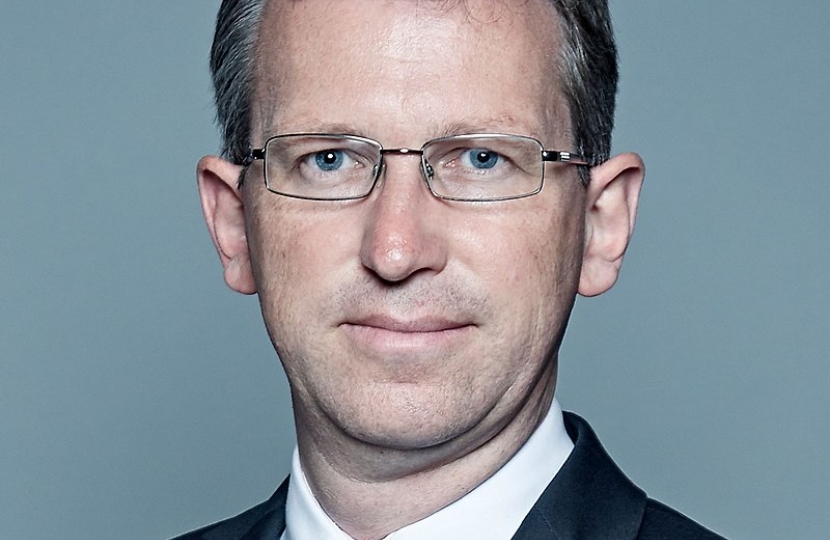
Negotiation is about compromise and in any negotiation you rarely get everything you want. We have not got everything we wanted in our negotiation to leave the European Union, and I would not claim otherwise. But the question I have to ask myself as a Member of Parliament is not whether the deal is perfect (it isn’t), or whether it represents the vision of Brexit I would ideally have liked to see, but rather whether it is the best deal which could realistically have been negotiated, and whether it is better than the only realistically available alternatives.
It is worth reflecting on the fact that much of the debate about the draft Withdrawal Agreement, and much of the opposition to it, is based on the Protocol concerning Northern Ireland and the so-called backstop arrangements which would come into force in the absence of any other agreement.
The Protocol and the backstop are undoubtedly important, and they arise from the vital duty to avoid a hard border in Ireland in the interests of peace and prosperity there, but the almost exclusive focus on them says something about the acceptability to all sides of the vast bulk of issues covered in this extensive agreement. It is also in danger of obscuring the clear commitments by both sides in this Agreement that any backstop should be avoided and, if not avoided altogether, certainly temporary. There are in fact good reasons to believe the EU would not wish to remain with such an arrangement for long, and the Prime Minister is seeking further assurances that this is the case.
It is also worth keeping sight of the fact that, although extracting ourselves from a system we have been part of for four decades was never going to be achievable overnight, in the longer term this deal will deliver what the British people voted for in the Referendum – control of our borders, law making capacity returned to Westminster and cessation of large payments to Brussels. At the same time however it preserves the ability of our job-creating businesses to trade across European borders, as many will wish to do for the foreseeable future, while allowing us to negotiate trade deals with others too. We will leave the Common Agricultural Policy and the Common Fisheries Policy.
As I have said, this deal is not perfect. But the idea that if the Prime Minister had tried a bit harder, she could have got a better deal is just fantasy. So there are only 3 choices now. We could have no deal, with the serious economic consequences that would bring. Or we could tell the people of this country that they must try again, with the serious democratic consequences that would bring. Or we could accept that, imperfect as it is, this deal is the best available way forward and recognise that the uncertainty and division of this Brexit process must be brought to an end. I believe that accepting this deal is the right thing to do now in the national interest and it is the course of action I intend to follow.
